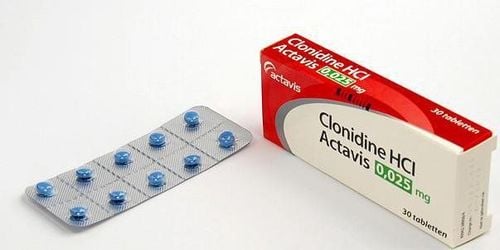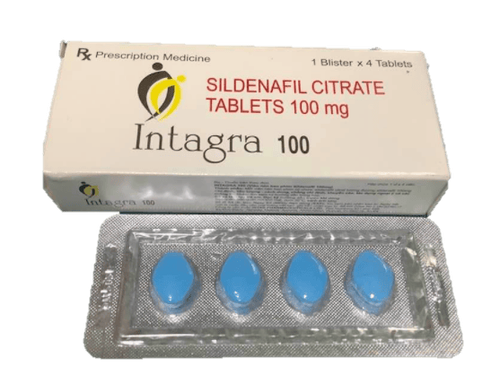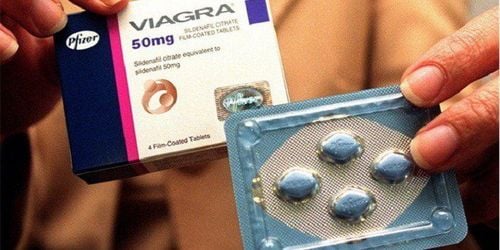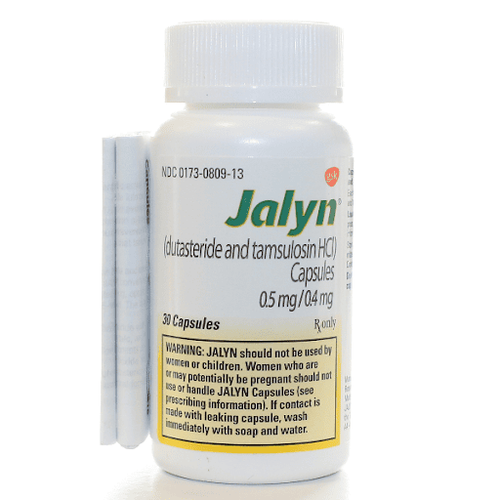This is an automatically translated article.
Erectile dysfunction is often a rather sensitive issue, especially for young men. Erectile dysfunction may not be something you feel comfortable discussing with friends, but make sure you get medical advice if symptoms persist for a long time.
1. What is Erectile Dysfunction?
Erectile dysfunction (also known as impotence) is the inability to get or maintain a penile erection firm enough for successful sexual intercourse.
Erectile dysfunction is a condition often associated with old age, but the inability or inability to maintain an erection can also affect young men - even puberty.
Erectile dysfunction is a condition that usually affects men over the age of 40. By the time they're in their 40s, about 40% of men are likely to have some form of the disorder - whether mild, moderate, or severe. About every 10 years after that, the risk of developing this disease increased by 10%.
Erectile dysfunction in young men under 40 is more common than you might think, although the causes in younger men are often different than in older men. A 2013 study found that 26% of erectile dysfunction cases - about a quarter - occurred in men aged 40 and under. The actual number may be even higher because men under the age of 40 are less likely to seek medical attention and treatment.
In most cases ED can be cured in young men, but it is often a sign of an underlying health condition, such as premature heart disease. If you're experiencing erectile dysfunction at any age, but especially during your puberty or 20s, it's important to see a doctor and consult with your doctor.
In general, younger men have lower body mass index (BMI), higher testosterone levels, and fewer comorbidities than older men. Young adults, on the other hand, have higher rates of smoking and illicit drug use, both of which are known risk factors for erectile dysfunction.
2. Symptoms of Erectile Dysfunction
Erectile dysfunction is a common problem in men. Erectile dysfunction can be suspected when this symptom occurs 25% or more of the time.
The main symptoms of erectile dysfunction are:
Difficulty getting an erection: The inability to get an erection sufficient for sexual intercourse when you desire. Difficulty keeping an erection: The inability to keep an erection long enough to have sex. Premature ejaculation Delayed ejaculation Inability to ejaculate Decreased libido Anorgasmia - failure to become aroused after adequate stimulation Low testosterone levels For many men, erectile dysfunction also causes sexual difficulties mentally and psychologically, leading to feelings of guilt and shame.

Khó cương cứng là một trong các rối loạn cương dương ở người trẻ
3. Causes of erectile dysfunction in young people
Penile erection is a complex physiological response involving the brain, hormones, nerves, muscles and circulatory system. Any abnormality in the above organ can lead to erectile dysfunction. In most cases, more than one factor is associated with erectile dysfunction in a patient.
In addition to physiological causes, there are psychological causes that play a central role in the onset of the disorder. Although erectile dysfunction in young men was once thought to be mostly psychological, more recent research suggests that 15%–72% of cases are related to physiological causes. .
3.1 Physiological Causes Physiological causes include any condition that affects the physiological ability to achieve or maintain an erection. In men under 40 years of age, physiological causes of erectile dysfunction include:
Endocrine disorders such as diabetes mellitus, hyperthyroidism, hypothyroidism, hypogonadism (low testosterone) and Klinefelter syndrome. Neurological conditions such as epilepsy, multiple sclerosis, and spinal cord injuries Vascular diseases such as Peyronie's disease, peripheral artery disease, and early coronary artery disease. Drug use including antidepressants, antiepileptic drugs, antipsychotics, opioids, and illicit drugs such as cocaine, heroin, and methamphetamines In men under the age of 40, smoking and drug use are considered major risk factors for erectile dysfunction. Although alcohol abuse can also cause sexual dysfunction, the association of alcohol with erectile dysfunction in young men is uncertain. 3.2 Psychological causes Emotions and mood play an important role in achieving an erection because of the nerves, hormones, and circulatory system involved. There are two aspects of an erection: a reflexive erection, influenced by touch, and a psychological erection, influenced by emotion and arousal.
Negative emotions and moods can reduce your ability to achieve or keep an erection. In rare cases, psychological causes may even be the sole cause of erectile dysfunction. Even if the primary cause is physical, the emotional stress the person is experiencing can make the condition worse.
Psychological causes of erectile dysfunction can affect men of all ages, but younger men may be more affected. Common psychological causes of erectile dysfunction in young people include:
Depression Pressure in family and social life Some mental health problems, such as schizophrenia, anxiety about effectiveness frequency of sexual intercourse Psychological trauma Occurrence of relationship problems with a partner

Yếu tố tâm lý có thể ảnh hưởng tới tình trạng rối loạn cương dương ở người trẻ
4. How to diagnose erectile dysfunction in young people
Erectile dysfunction is strongly linked with aging, in part because older men are more likely to suffer from conditions such as high blood pressure, heart disease, and diabetes. Doctors will often take a more broad-based approach when diagnosing erectile dysfunction in young adults.
In addition to a physical exam, your doctor will review your medical history and family factors to identify any risk factors you may have; any medications you take, including prescription and over-the-counter medicines.
Your doctor will ask about your condition, including when erectile dysfunction started, its severity and what is going on in your life. These questions will help them figure out whether the main cause is physiological or psychological.
Sudden onset or intermittent episodes of erectile dysfunction is indicative of a psychological cause, while gradual onset or persistent erectile dysfunction is indicative of a physiological cause .
There are also a number of tests that your doctor can use to make a diagnosis, including:
Blood and urine tests to check for signs of heart disease, diabetes, thyroid problems, and other problems. hormone problems (including low testosterone) Penile ultrasound: usually requires injections to induce an erection and can show arterial and venous blood flow to help determine vascular function to ensure normal supply often have problems. Penile luminescence stamp test (NPT), a simple at-home test in which four to six stamps are wrapped around the shaft of the penis to check if you have a nighttime erection (as evidenced by the stamp being worn out). tear or break) RigiScan, a device for measuring penile erection during sleep. If the cause is determined to be psychological, your doctor may refer you to a psychologist. You should talk to a psychologist about any sexual, relationship, or mental health factors that may be contributing to erectile dysfunction.
Treatments for erectile dysfunction in young people are similar to those in older people, but the treatment that works best will be different for each person. A combination of lifestyle changes, medication counseling, and other treatments is often used.
Vinmec International General Hospital with a system of advanced and modern facilities, medical equipment and a team of highly qualified and experienced doctors will help the patient's examination and treatment process. disease becomes quickly with high efficiency, saving cost and time.
Please dial HOTLINE for more information or register for an appointment HERE. Download MyVinmec app to make appointments faster and to manage your bookings easily.













